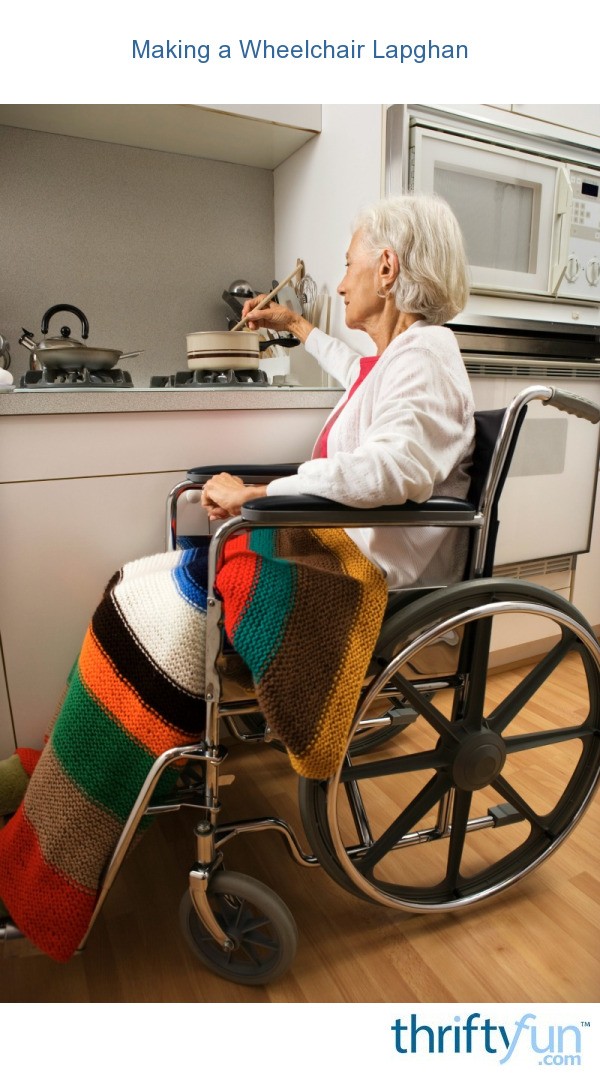Table of Content
And although increased security, specialized staff, and more one-on-one time for residents add to the cost of memory care, nursing home costs are still higher in comparison. Nursing home room and board rates vary from state to state and are an expensive alternative to other levels of care at home or in an independent or assisted living facility. Medicaid is the primary payer for nursing home care for people with low income and resources. Finding ways to pay for nursing home care is a challenge and may require the assistance of insurance agents, financial planners, and social services or Medicaid resources in your area.

Finally, there are nursing homes that focus on providing hospice care to ensure the comfort of seniors with terminal illnesses who are approaching the end of life. The nursing home costs depend on several factors like its location and the type of care an older adult needs. The median monthly price of most nursing homes in the United States is $7756 for semi-private rooms and $ 8821 for private rooms.
#1. Skilled Nursing Care
The level of care is similar to assisted living facilities, but care homes are home to 10 or fewer residents. The homes themselves are often single-family homes in residential neighborhoods, providing a home-like environment for seniors. It’s important to note that Medicare does not cover the cost of residential care homes– the only residential senior care covered by Medicare is nursing homes, and only in certain circumstances. However, there are other options for seniors in need of help paying for their long-term care.
So you can attach a few photographs of family members and their friends before they arrive. You can arrange their belongings to feel like they are staying at home. Short-term loans can help you pay the bills of a nursing home. The length of stay in a nursing home varies from one senior adult to another. Another important thing you look into while visiting a nursing home is food and the kind of meals served. The services will indeed differ from one nursing home to the other.
How to Select a Residential Care Home
Finding, vetting, and moving your aging parent or loved one into any kind of senior living community can feel like an overwhelming challenge. Fortunately, a local senior care advisor can provide personalized guidance throughout the process. However, the rules are different for long-term residential nursing homes. Senior living is a catchall phrase for living communities designed for seniors (ages 55+).
Assisted living facilities are homes for people who need help with their care and activities of daily living but not to the level or extent a nursing home provides. Typically, ALFs are regulated and licensed by the state in which they operate. Aged care homes that provide various levels of personal and nursing care on a permanent basis or for a shorter stay. Often, this type of insurance can be used to cover long-term care costs at a nursing home facility. Short-term loans can help fund senior care at a nursing home while you’re waiting for veterans benefits, selling your parent’s home, or liquidating other assets to cover costs. A physician determines need by performing a physical examination and obtaining a medical history.
What are nursing homes?
The more information you have, the greater your chances of finding the right fit. Losses are a normal part of aging and losing your independence is not a sign of weakness. Allow yourself to feel sad or frustrated about changes in your housing situation without beating yourself up or labeling yourself a failure. Everyone needs time to adjust and come to terms with their feelings.
You should always consult with a qualified professional before making any decision with medical, legal or financial consequences. You should never disregard qualified professional advice based on information found on our website. We explicitly disclaim liability in connection with your use of this information.
“If you’re searching for rehabilitation or post-acute care for a stroke or a broken hip after a hospital, you will be looking at a different set of criteria than a long-term stay,” Mor said. Delivery times may vary, especially during peak periods. Her bed is one of 280 at the nursing home facility that is now being sued by James for stealing millions in government funds in addition to reported neglect and abuse of its residents. Hospice and Palliative careCare for pain and relief of symptoms for any stage of illness, including emotional and spiritual care at the end of life. There really is a lot of flexibility for in-home nurses, especially those with an RN license. You will be able to practice in just about any other healthcare setting where other registered nurses are employed.

You need to pay attention to common areas while visiting any nursing home. They should be clean, have adequate lighting, and be free from unpleasant odors. When you or your loved one cannot feed yourself, it’s better to move to a nursing home. If you are confined to a bed or have severe mobility issues that hinder you from doing essential activities, you require a nursing home.
Completely revised and updated, this edition presents several new interactive digital tools and current guidelines in translating courses from the classroom to the online environment. The guide provides new content on web-based learning theories and how to optimally teach students using the latest technology. Home health nursing is an incredibly rewarding career field full of diverse opportunities. From assessing patients' medical needs and administering treatments, to offering support and providing education, there's something for everyone.

Nursing home stays vary significantly, depending on your needs and reason for becoming a resident. For example, a quarter of all nursing home residents only stay for three months or less. These short-stay residents are usually individuals who need hospice care or rehabilitation following a surgery or hospital stay. Memory care facilities specialize in monitoring and caring for individuals with Alzheimer's or another type of dementia. Some nursing homes have memory care or Alzheimer's units.
In important ways, although some people may think of these two types of senior care facilities as synonymous. Both nursing homes and assisted living facilities offer housing, meal services, and help with personal care. However, seniors in assisted living communities are generally active and relatively independent, although they may need help with certain daily tasks. Nursing home residents typically have debilitating health problems or serious chronic conditions that require 24-hour care, skilled nursing services, or rehab therapies. Nursing homes offer a high level of medical and skilled nursing care that is not available in other types of senior living facilities.

What you will find are primary care services like monitoring your heartbeat, blood pressure, catheter care, wound care, and various others. Search for short-term care such as rehabilitation from surgery, and other forms of specialized care. To read about paying for nursing home stays, see Paying for Care. The Centers for Medicare and Medicaid Services requires each State to inspect any nursing home that gets money from the government. Ask to see the current inspection report and certification of any nursing home you are considering. Once you select a nursing home, carefully read the contract.
Care home aides are available to assist residents with their ADLs and personal care needs, but they cannot provide medical care other than basic first-aid. For seniors hoping to make friends with other residents and participate in many activities, care homes may have limited social opportunities compared to assisted living. With fewer residents, care homes tend to have more relaxed activity schedules. While this can benefit seniors who prefer to keep to themselves or socialize in unstructured ways, it can be a downside for those desiring the social aspect of residential care.
She’s equipped to lend an experienced, compassionate voice to beneficiaries seeking information about Medicare Advantage Plans. Understand Medicare’s rules about coverage of skilled care if you are going to a nursing home for a short-term stay after hospitalization. Talk with the hospital discharge planner and the nursing home admissions nurse or social worker. If you have a Medicare Advantage Plan, make sure you have prior authorization for a network facility.

No comments:
Post a Comment